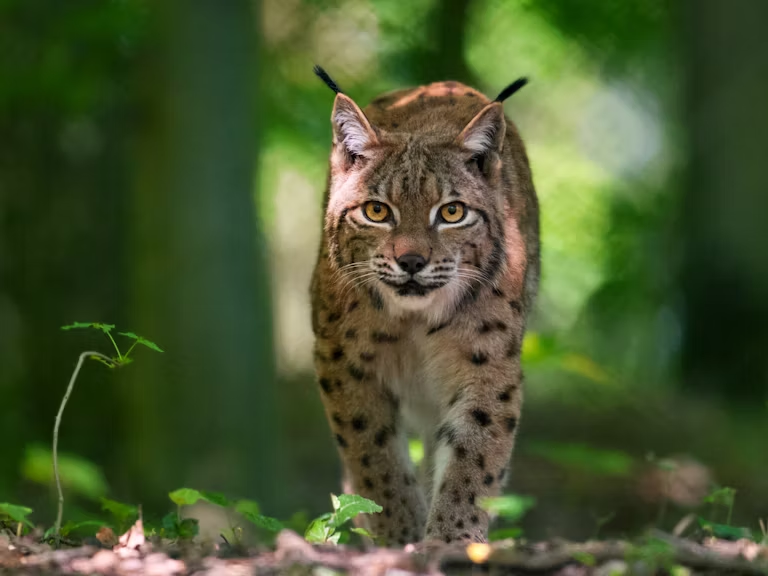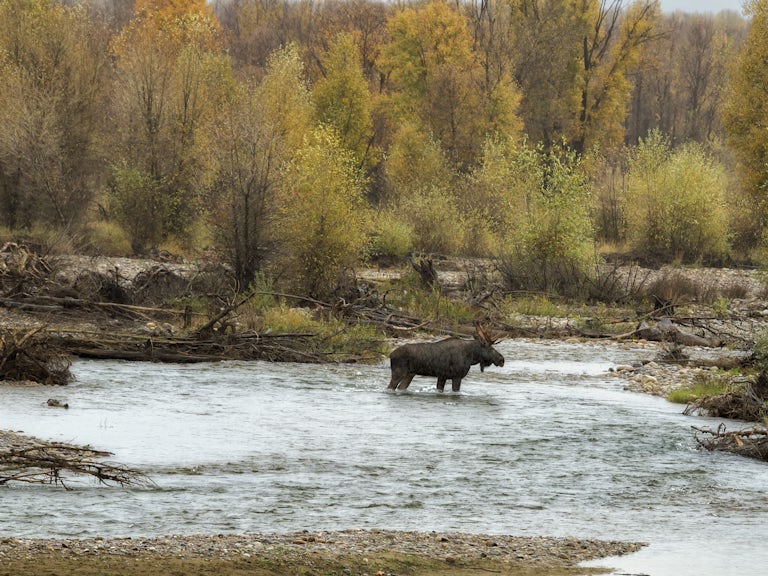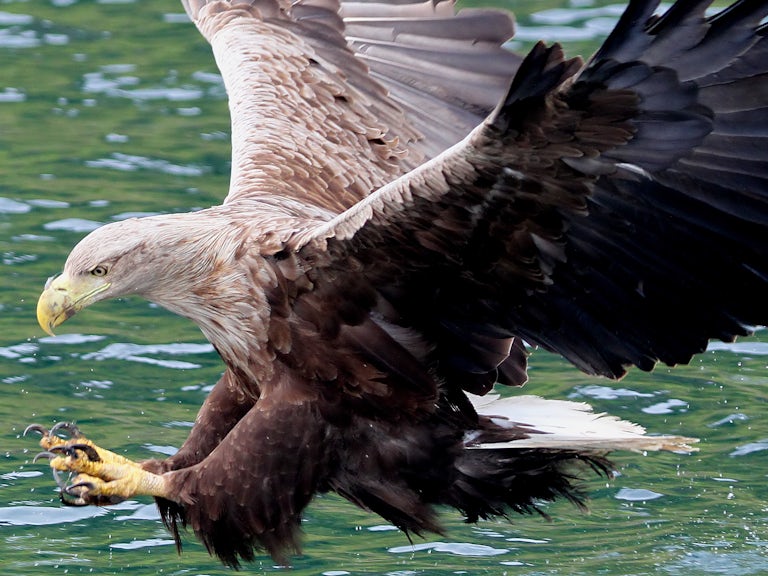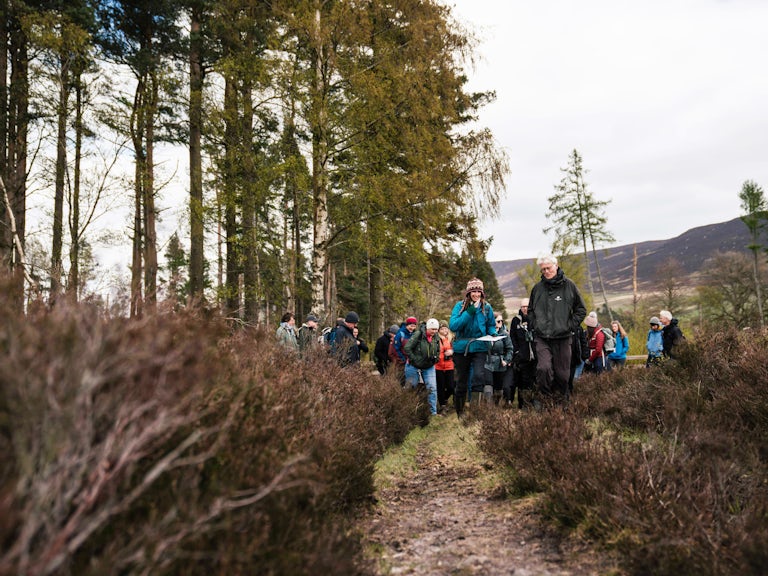Rewilding Britain thanks experts and condemns illegal abandonment of lynx in Cairngorms

Published 14/01/2025
Last week four lynx were illegally abandoned in the Cairngorms National Park in Scotland for unknown reasons. All four of these beautiful and typically shy and solitary creatures have been humanely captured by experts, although tragically one of these magnificent animals subsequently died.
“Any reintroduction needs to be properly managed and with the required approvals in place.”
Kevin Cumming
Rewilding Director
Kevin Cumming, Rewilding Director of Rewilding Britain said:
“Illegal and irresponsible animal abandonment such as this is wrong, and such unlicensed releases are counter-productive to the careful and considered hard work we have been supporting on a properly managed reintroduction of lynx to Britain.
We want to thank all the experts at Highland Wildlife Park, Edinburgh Zoo, the Royal Zoological Society of Scotland (RZSS) and partners across the Lynx to Scotland project for working so quickly and tirelessly over the last few days.
We do not know who illegally abandoned the lynx or why, but we strongly oppose this reckless behaviour and are saddened that this has led to the death of one of the lynx.
Lynx are magnificent, charismatic and naturally shy animals who play a vital role in maintaining healthy living systems, and biodiversity is badly affected by their absence. This situation is not rewilding, any reintroduction needs to be properly managed and with the required approvals in place.
We don’t yet know the cause of the death and we hope the other three lynx are safe and well, thanks to the outstanding efforts of the experts who managed to capture and care for them.”
Rewilding Britain supports the Lynx to Scotland partnership which is working towards a carefully planned reintroduction of lynx that respects the views of farmers and other stakeholders – so that Scotland would once again benefit from having lynx in the natural environment.
Rewilding Britain has also supported the The Missing Lynx project through the Rewilding Innovation Fund. The Missing Lynx project was launched in March 2024 to explore the social feasibility of restoring lynx to Britain, and is using funding from the Rewilding Innovation Fund to take their travelling exhibition to schools, colleges and universities across Britain. The exhibition uses immersive and engaging audio-visual interactive displays to thoroughly explore how lynx would fit into the landscape.
The native Eurasian lynx was made extinct in Scotland through hunting and habitat loss more than 500 years ago. Lynx are ‘keystone species’ which play a vital role in maintaining healthy living systems, and biodiversity is negatively affected by their absence.
Lynx are shy and elusive woodland hunters and pose no danger to people. They have successfully returned to European countries such as Germany, France and Switzerland.
Research suggests the Highlands has the habitat to sustainably support around 400 lynx.



